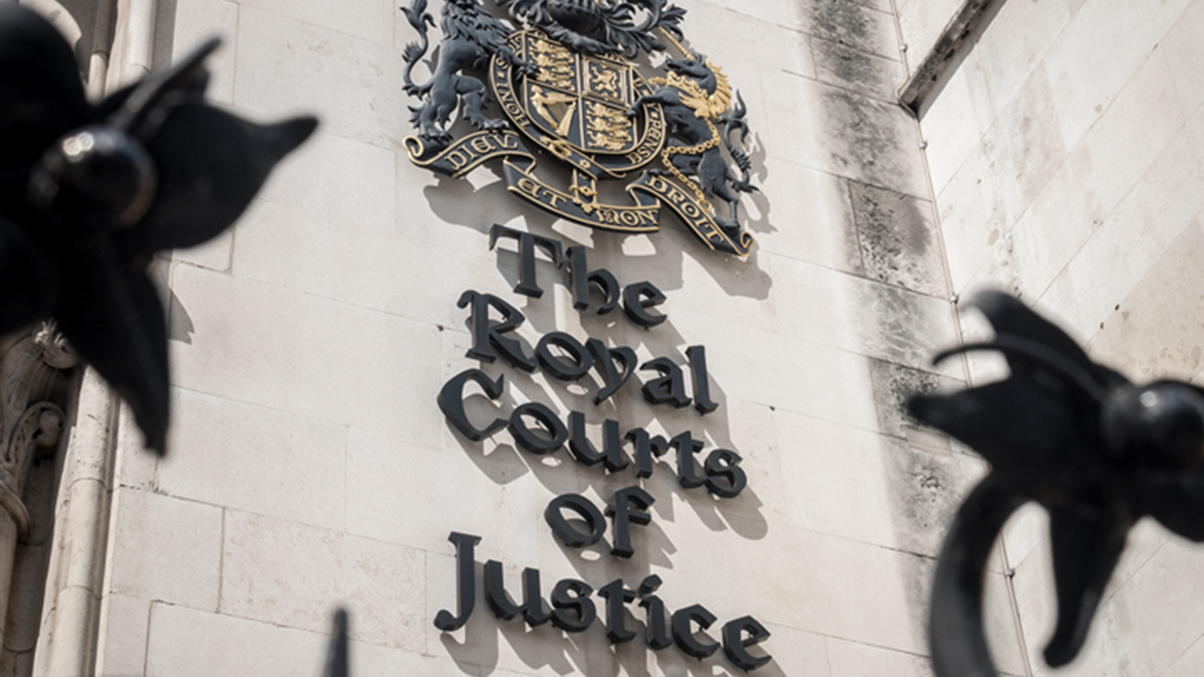The English Court of Appeal has clarified how English law should determine which law governs an arbitration agreement in cases where no express choice has been made.
Businesses entering into contracts do not always appreciate that an agreement to arbitrate is a “contract within a contract” and should be looked at separately from the main contract. The separate nature of an agreement to arbitrate means that one cannot assume that the governing law of the ‘host’ contract is the same as that of the agreement to arbitrate.
The Court of Appeal’s judgment in Enka v. Chubb [2020] EWCA Civ 574 handed down on 29 April 2020 brings welcome, and arguably overdue, clarity to the question of what law will be deemed to apply to an arbitration agreement where no express choice of law has been made.
The issue is an important one because the choice of the law of the arbitration agreement can impact on the substance of the dispute, including as to the arbitrability of the matter at all. This is why it has been a source of dispute before the courts many times in recent years.
Noting that “the time has come to seek to impose some order and clarity on this area of law”, Lord Justice Popplewell revisited the three-stage test required by English common law conflict of laws rules to determine the law applicable to the arbitration agreement. That test, often referred to as the Sulamerica test given its detailed consideration in the case of Sulamerica Cia Nacional de Seguros SA v. Enesa Engelharia SA [2013] 1 WLR 102, sets out a cascade of three questions to be considered and addressed in turn to determine the applicable law of the agreement to arbitrate.
That test can be summarised as follows:
- Is there an express choice of law by the parties?
- If not, is there an implied choice of law by the parties?
- If not, with what system of law does the arbitration agreement have its closest and most real connection?
The Court of Appeal’s judgment endorses this three-stage test. In so doing, it recognised the inconsistent approaches taken by judges to date when applying it to answer the second and third questions.
Should it be implied that the parties intended the law governing the arbitration agreement to be the same law chosen by them to govern the contract in which the arbitration agreement sits (it being, to the lay eye, just another clause of that contract)?
Or, is the better answer that the parties’ express choice of the seat for any arbitration also stands as their implied choice that the law of that seat should govern the arbitration agreement? How, if at all, does question three assist beyond question two in addressing the debate between selecting the governing law of the contract or the law of the seat of the arbitration?
It is this uncertainty that Lord Justice Popplewell’s judgment seeks to inoculate. There is now “a strong presumption” that, in the absence of an express choice, the parties impliedly chose the law of the seat of the arbitration (also known as the curial law) to govern the arbitration agreement between them.
This is only a presumption, and the court’s judgment recognised that powerful countervailing factors in the relationship between the parties or the circumstances of the case might lead to another conclusion. However, Lord Justice Popplewell’s characterisation of this presumption as “the general rule” is likely to be read as settling the debate as to the correct approach and could resolve the majority of cases where the choice of governing law is not expressly clear.
The scope of the court’s much-needed clarification must not be overstated. The court will still assess first whether the parties have made an express choice of law. As demonstrated by the Court of Appeal in its recent judgment in Kabab-Ji SAL (Lebanon) v. Kout Food Group (Kuwait) [2020] EWCA Civ 6, the court may deploy the principles of contractual interpretation in seeking out such an express choice, even if no express choice is clear on first blush. Put another way, parties should not be overly quick to move to questions two and three of the three-staged test, as has sometimes been the case.
Still, the judgment in Enka v. Chubb is a welcome one to settle a debate that has been ongoing for many years. Whether the judgment will be appealed (or the “general rule” applied consistently) remains to be seen. Of course, the best approach and practice will always be for parties to take the time at drafting stage to ensure that they have expressly stated in their contracts which law is to govern the arbitration agreement between them.
You can find further information regarding our expertise, experience and team on our International Arbitration page.
If you require assistance from our team, please contact us or alternatively request a call back from one of our lawyers by submitting this form.
Subscribe – In order to receive our news straight to your inbox, subscribe here. Our newsletters are sent no more than once a month.




